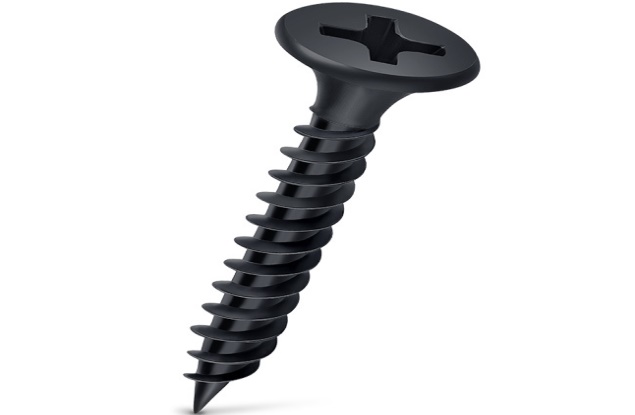Common Specifications and Dimensions for Standard Drywall Screws Used in Construction Projects
Understanding Typical Drywall Screw Sizes A Comprehensive Guide
When it comes to home improvement and construction projects, drywall serves as a staple material due to its versatility and practicality. To ensure that your drywall installation is secure and robust, choosing the right drywall screws is crucial. This article will delve into the various sizes of typical drywall screws, their characteristics, and the considerations to keep in mind during your selection process.
What is a Drywall Screw?
A drywall screw is a specific type of fastener designed to secure drywall sheets to wood or metal studs. Unlike standard screws, drywall screws have a sharp tip and a bugle-shaped head that allows for easy penetration and minimizes tearing of the drywall paper. They are typically made of steel and come with a corrosion-resistant coating to enhance durability.
Typical Sizes of Drywall Screws
Drywall screws are available in various sizes, commonly measured in length and gauge. The most common lengths used for drywall installation are 1” (25 mm), 1.25” (32 mm), 1.5” (38 mm), 2” (50 mm), and 2.5” (64 mm). The gauge of the screw usually ranges from 25 to 35, with the most typical gauge for drywall screws being 25 or 30.
- 1-Inch Screws Best suited for attaching 1/4 or 3/8 drywall to wood or metal studs. - 1.25-Inch Screws Ideal for 1/2 drywall, these screws provide a secure hold without penetrating too deep. - 1.5-Inch Screws Used for 1/2 drywall in scenarios where additional density or thickness is applied, like in multi-layer installations. - 2-Inch Screws Commonly utilized for thicker drywall or for areas where extra grip is needed. - 2.5-Inch Screws Less common but useful for specialty applications, like when fastening to concrete or thicker framing materials.
Types of Drywall Screws
typical drywall screw size product

Drywall screws come in various types based on their intended applications
- Coarse-thread Screws These screws are designed for wood applications. Their wider thread spacing provides better grip in softwood and helps to prevent the wood from splitting. - Fine-thread Screws Ideal for metal studs, fine-thread screws are best suited for applications where minimal penetration is required, as they grip the metal without needing excessive force.
Choosing the Right Screw Size
The selection of the correct drywall screw size is essential for achieving a stable installation. Here are key considerations
- Thickness of the Drywall Choose the screw length based on the thickness of your drywall sheets. A general rule is that the screw should penetrate the stud by at least 5/8” (15 mm) to ensure strong holding. - Stud Material Whether using wood or metal studs will dictate whether you opt for coarse or fine-thread screws.
- Environment Consider if the screws will be exposed to moisture, as this necessitates corrosion-resistant finishes, such as galvanized or coated screws.
Conclusion
In summary, understanding typical drywall screw sizes is fundamental for any successful drywall installation. By considering the thickness of the drywall, the type of studs being used, and the screw specifications, you can ensure a professional and lasting finish. Taking the time to choose the right size and type of drywall screw will not only result in a neat appearance but also significantly enhance the longevity and durability of your walls. With the right tools and knowledge, your drywall project can be executed smoothly and effectively.
-
Top Choices for Plasterboard FixingNewsDec.26,2024
-
The Versatility of Specialty WashersNewsDec.26,2024
-
Secure Your ProjectsNewsDec.26,2024
-
Essential Screws for Chipboard Flooring ProjectsNewsDec.26,2024
-
Choosing the Right Drywall ScrewsNewsDec.26,2024
-
Black Phosphate Screws for Superior PerformanceNewsDec.26,2024
-
The Versatile Choice of Nylon Flat Washers for Your NeedsNewsDec.18,2024










